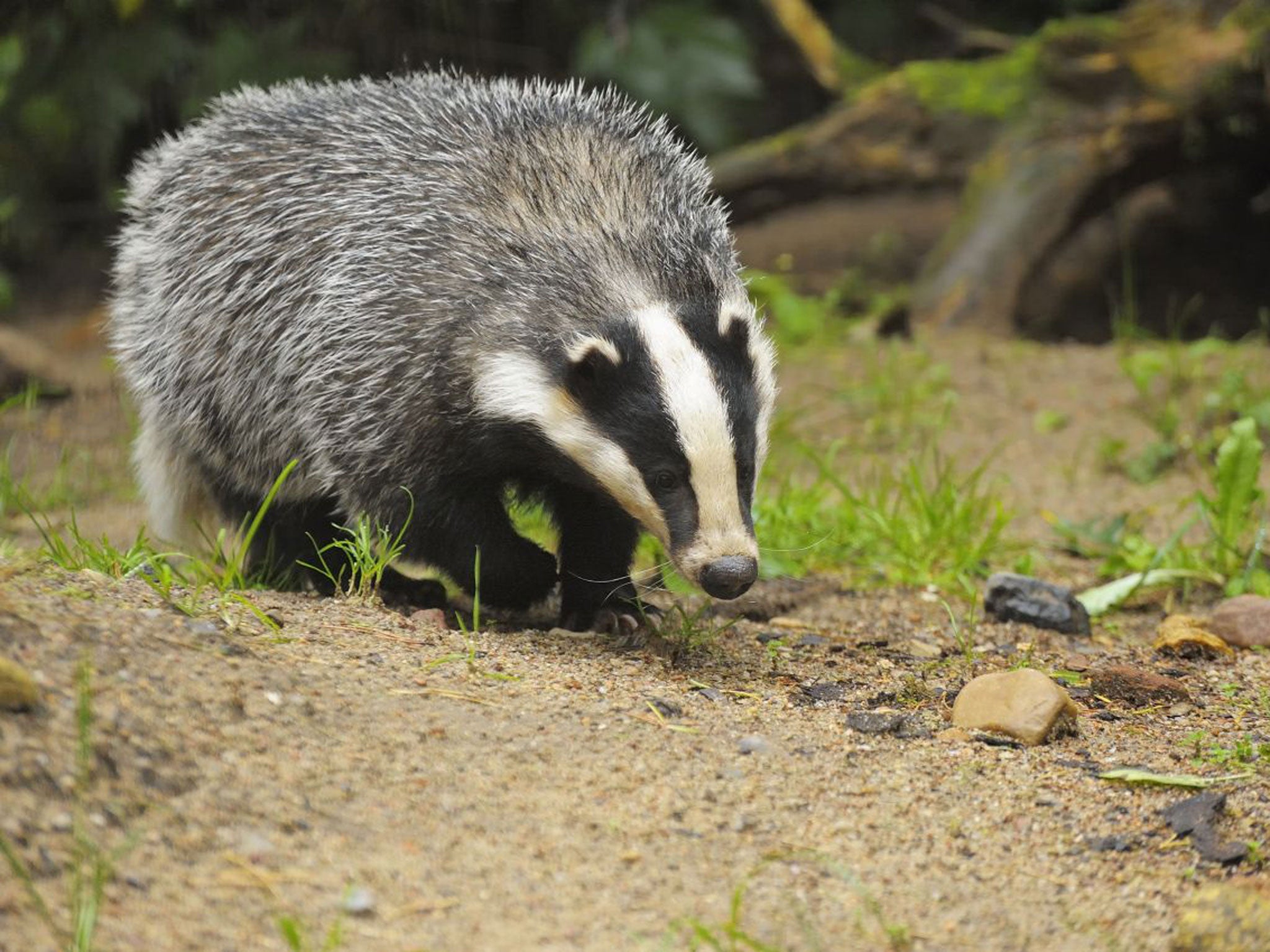Badger culls will end after next year, ministers promise – as figures show at least 38,642 were killed last year
Badger Trust questions timing of announcement, 'with the perceived, yet questionable, good news ahead of the very bad news’

Your support helps us to tell the story
From reproductive rights to climate change to Big Tech, The Independent is on the ground when the story is developing. Whether it's investigating the financials of Elon Musk's pro-Trump PAC or producing our latest documentary, 'The A Word', which shines a light on the American women fighting for reproductive rights, we know how important it is to parse out the facts from the messaging.
At such a critical moment in US history, we need reporters on the ground. Your donation allows us to keep sending journalists to speak to both sides of the story.
The Independent is trusted by Americans across the entire political spectrum. And unlike many other quality news outlets, we choose not to lock Americans out of our reporting and analysis with paywalls. We believe quality journalism should be available to everyone, paid for by those who can afford it.
Your support makes all the difference.Mass badger culling will end after next year, the government has signalled, after years of controversy about the practice.
But wildlife campaigners expressed caution, the Badger Trust saying it remained “to be convinced of the sincerity of any commitment to bring the cull to an end”.
At the same time as the announcement, the government published figures showing 38,642 badgers were killed under four-year licences last year.
But the real figure is even higher because the 38,642 does not include “supplementary” licences, the trust warned.
The number is up on the previous year’s toll of 35,034.
Four months ago, The Independent revealed how leading scientists and wildlife experts including Jane Goodall and Virginia McKenna issued a direct plea to Boris Johnson to cancel a planned badger cull expansion.
The cull was designed to reduce the transmission of tuberculosis (TB) from badgers to cattle.
It prompted protests from the start, with opponents arguing it was not just cruel, but also actively spread TB, because when setts are disrupted, badgers will move about more than ever, potentially carrying disease with them.
Now, environment Secretary George Eustice has set out proposals for Natural England (NE) to stop issuing the current intensive cull licences for new areas after 2022, and to enable new licences to be cut short if the chief veterinary officer agrees.
Branding culling “unacceptable”, he said he was also planning to restrict any new supplementary cull licences to two years and stop re-issuing such licences in any areas where supplementary culling has previously been licensed.
Some 102,349 wild badgers have been killed since the current cull began in 2013, according to the Badger Trust.
Mr Eustice is also launching a public consultation and a call for views on proposals and longer-term options on how to curb TB in cattle.
In a written parliamentary statement, he said: “The bTB eradication strategy we published in 2014 is making progress. We are now seeing sustained improvements in the high-risk area. We need to build on this momentum to achieve bTB-free status for England by 2038.”
He said work on developing a cattle vaccine was on track to be completed within five years.
Last year ministers were accused of breaking a pledge to end the culling of badgers by expanding projects to trap and shoot the animals.
The Badger Trust said Mr Eustice’s announcement was “a real bag of mixed messages” and the charity was not confident that it did signal the end of the badger cull.
The Trust questioned the decision to release the figures on the same day as the announcement, “with the perceived – yet questionable – ‘good news’ ahead of the ‘very bad news’”.
It said another 38,000 or more badgers were likely to be culled this year, “paying the ultimate price for a policy based on highly controversial science”.
Dominic Dyer, a former Badger Trust chief executive, said: “In some areas of England the badger population has been so depleted by culling that the species is in danger of becoming locally extinct from areas which it has inhabited since the Ice Age.
“The government has dithered and delayed on finding on finding an exit strategy to badger culling.”
But he said ending issuing new licences was better for farmers, taxpayers and the future of badgers and marked “the beginning of the end of one of the darkest chapters in the history of farming and wildlife protection in England”.
Mr Eustice added: “I envisage that in future, some form of culling would be an option in exceptional circumstances to address any local disease flare-ups. This transitional period will also give us time to undertake badger vaccination pilots and develop our future badger vaccination policy.”
Responding to the criticism from the Badger Trust, he said: “Our badger control policy has helped to turn the tide on this disease but no wants to continue the cull of badgers for a moment longer than necessary. We are working to accelerate other elements of our strategy to improve diagnostics and develop a deployable cattle vaccine so that we can phase out the culling of badgers.”



Join our commenting forum
Join thought-provoking conversations, follow other Independent readers and see their replies
Comments